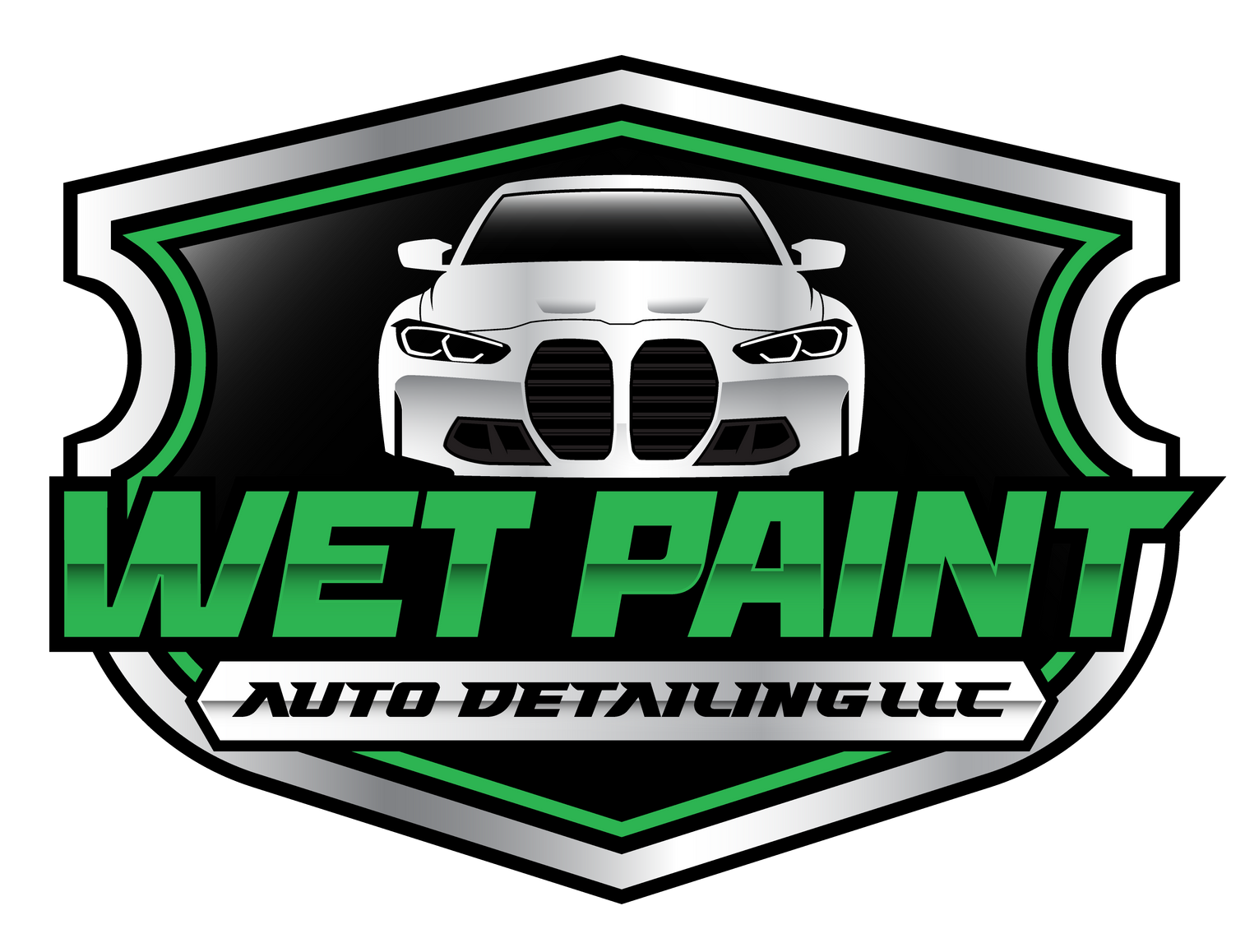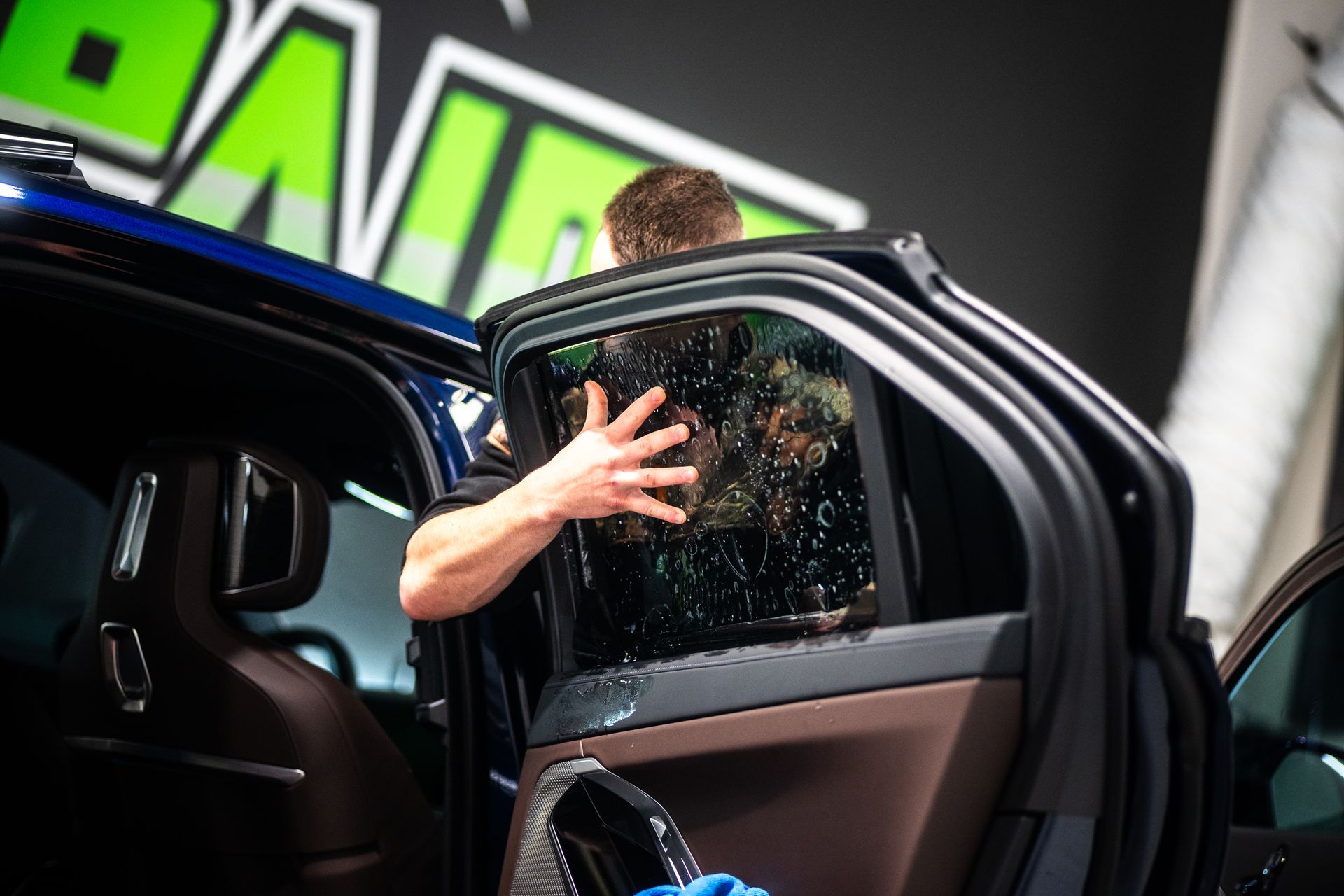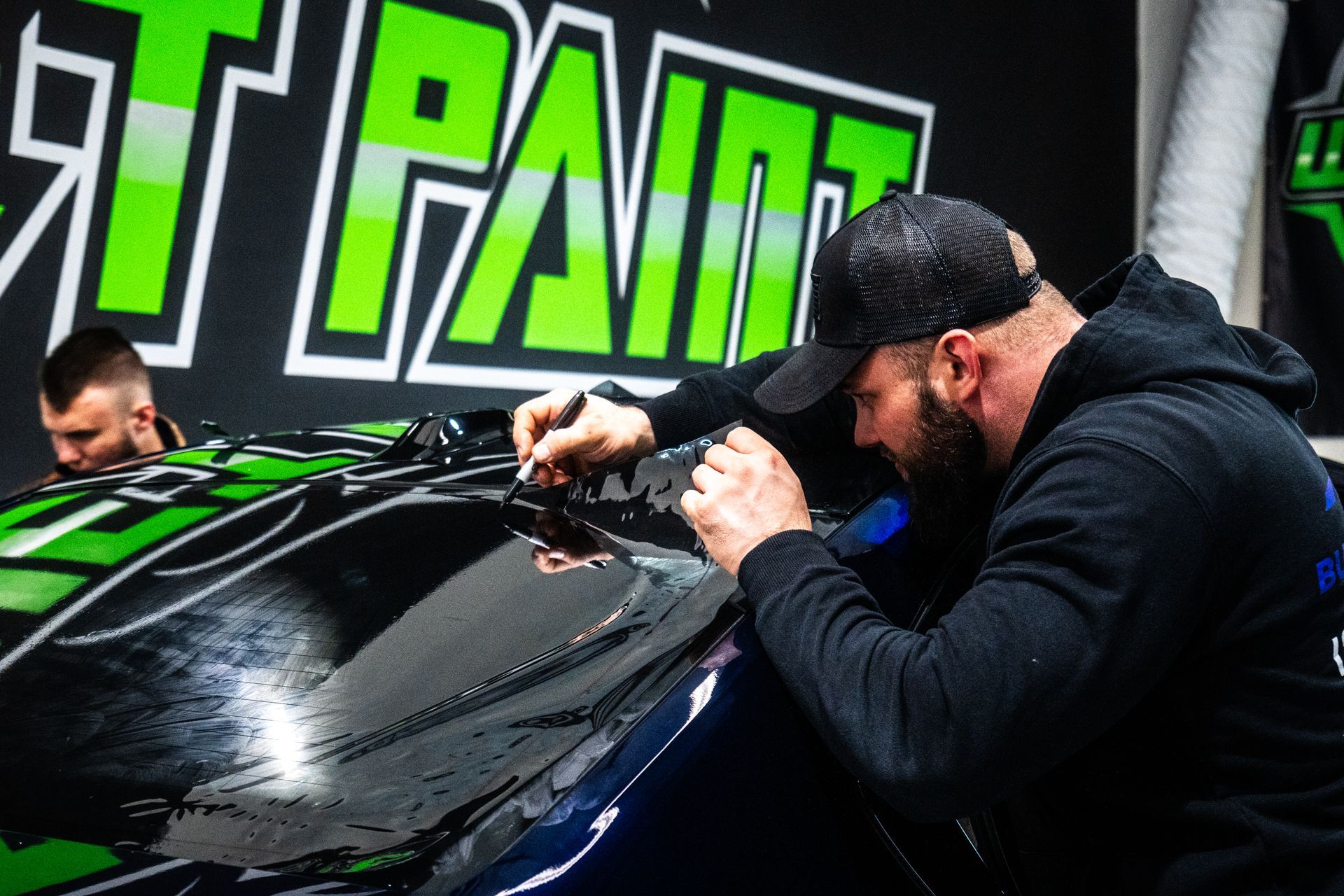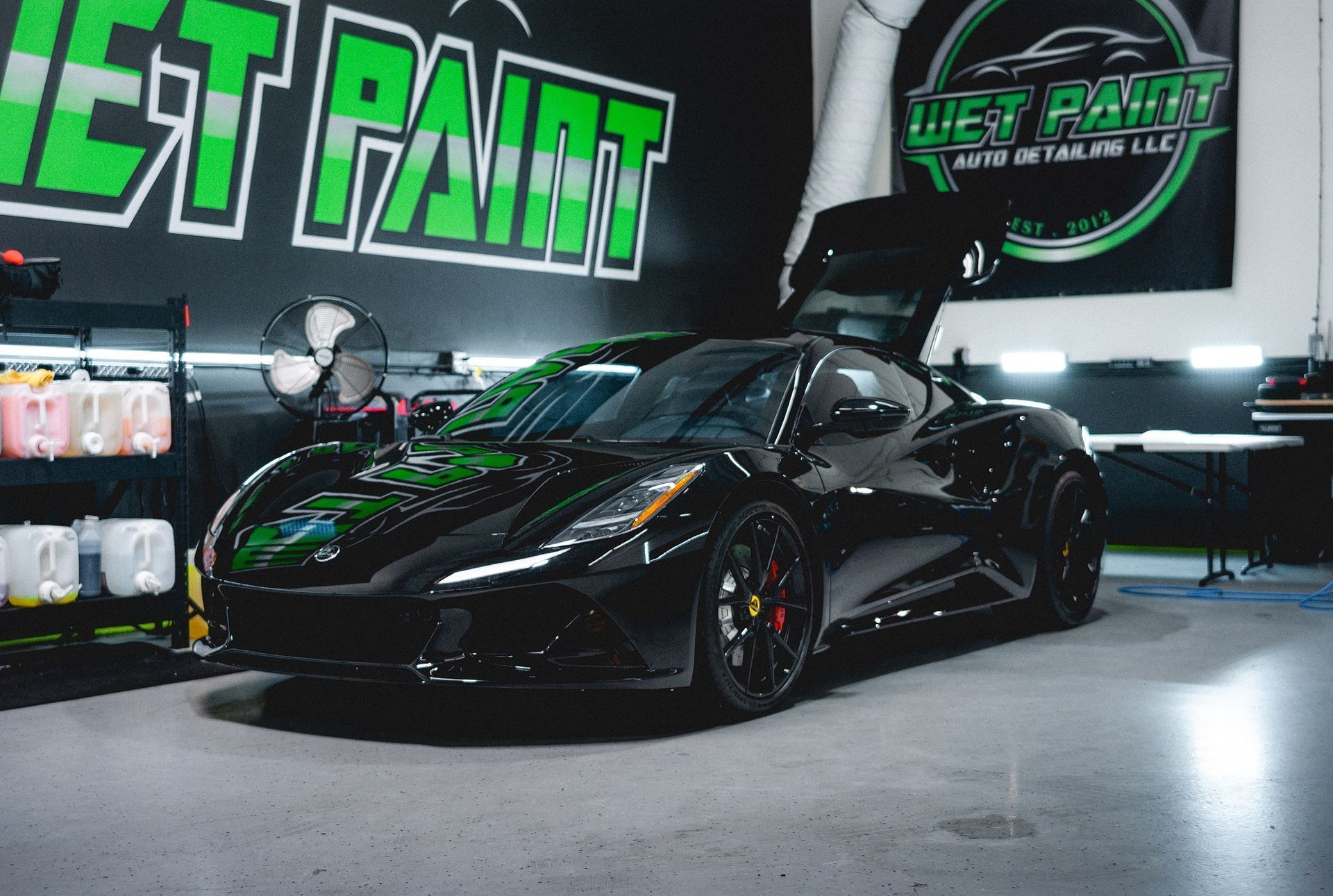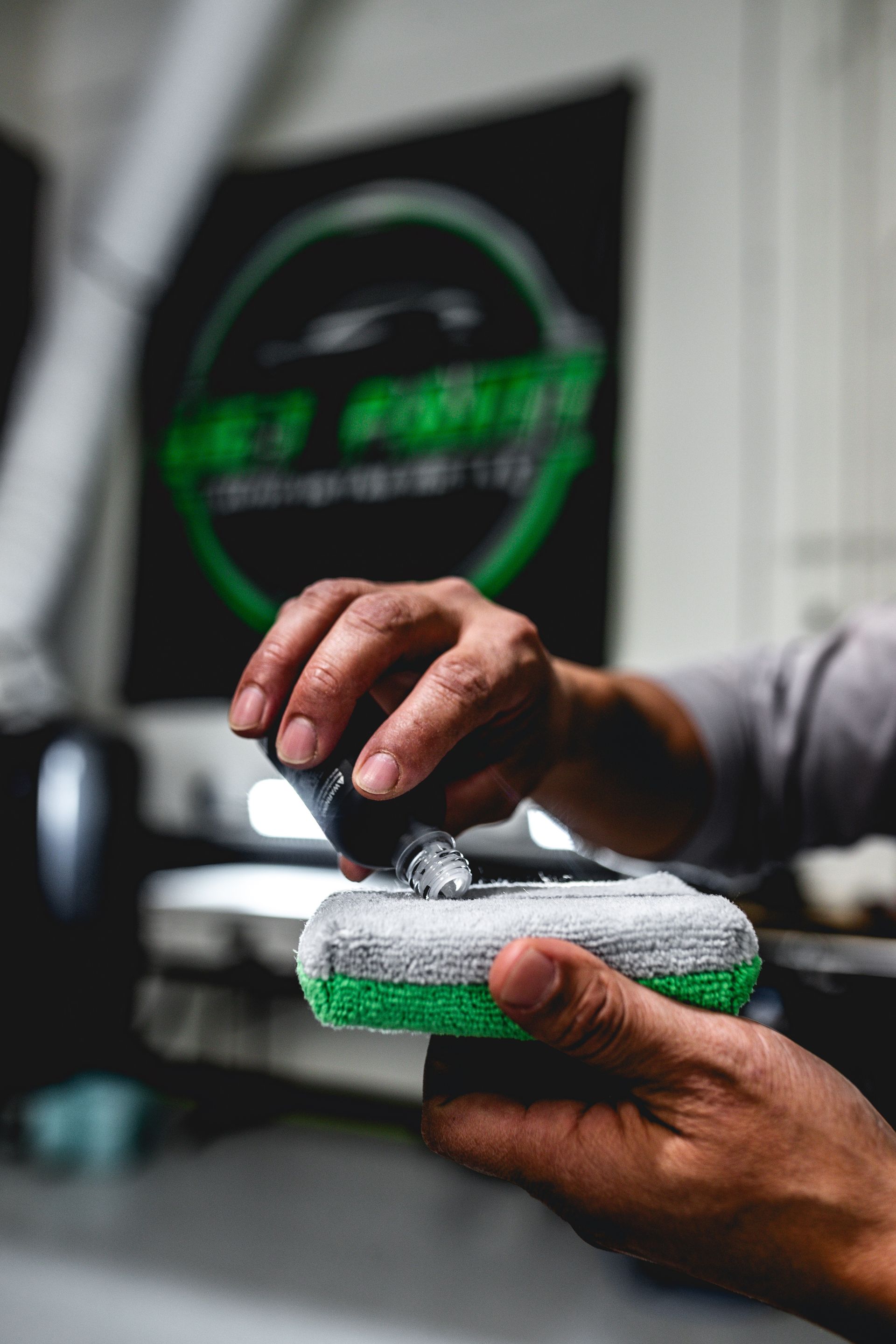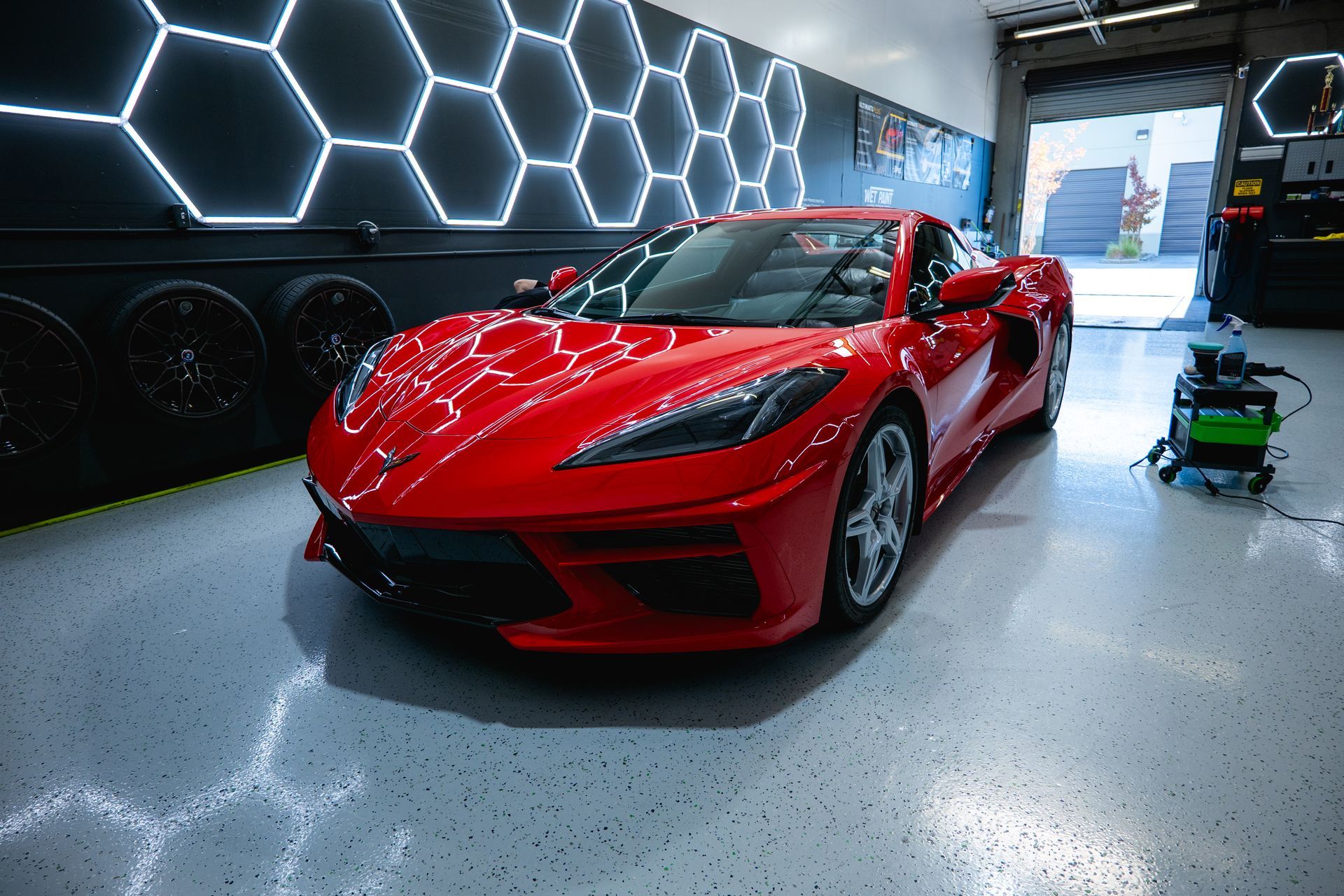Choosing between professional auto window tinting and a DIY approach isn't just about your wallet; it's also about peace of mind. High-quality tints installed by professionals offer much more than a sleek look—they protect your car's interior from sun damage, improve driving comfort by reducing glare, and might even prevent fines associated with improper installation. From seeing luxury cars with pristine tints at weekend car shows to reading countless discussions on online forums, the question remains: is it worth the investment?
Professional auto window tinting is generally considered a worthwhile investment for many users, as it offers numerous benefits such as enhanced protection from harmful UV rays, improved comfort through heat reduction, and increased privacy. However, individuals should weigh these advantages against potential legal restrictions and personal preferences to determine if it aligns with their specific needs.
Advantages of Professional Auto Window Tinting
Investing in professional auto window tinting offers a range of benefits that enhance your vehicle's appearance, comfort, and protection. Here’s a breakdown of the key advantages:
- Quality Installation and Longevity: Professional window tinting ensures a high level of quality and durability. Certified installers apply the tint perfectly, preventing common issues like bubbling or peeling that can occur with DIY jobs. This ensures a sleek, long-lasting appearance for years to come.
- Durable, High-Quality Film: Films from trusted brands are designed to endure extreme weather conditions, including UV exposure and fluctuating temperatures. These high-quality tints resist deterioration over time, maintaining their functionality and aesthetic.
- Comprehensive Manufacturer Warranties: Many professional tint installations come with extensive manufacturer warranties, adding extra value to your investment. Some even offer a limited lifetime warranty when installed by an authorized technician, covering costs for removal and replacement if the tint fails prematurely.
- Enhanced Privacy and UV Protection: Professionally installed window tints offer practical benefits such as increased privacy and protection from harmful UV rays. They block up to 99% of UV radiation, shielding passengers from sun damage while protecting the vehicle's interior from fading or cracking.
- Increased Safety and Comfort: In addition to privacy, window tints act as a deterrent against theft by obscuring valuables from view. They also contribute to a more comfortable driving experience by reducing glare and keeping your car cooler in the sun, enhancing overall safety and comfort on the road.
Privacy, Aesthetics, and UV Protection
When considering auto window tinting, privacy, aesthetics, and UV protection stand out as key benefits.
- Increased Privacy: Privacy is one of the most appealing aspects of window tinting. When you opt for higher levels of tint, you're not just giving your car a stylish makeover; you're creating an invisible barrier that makes it difficult for outsiders to peer inside. This added layer of security is invaluable, particularly when you find yourself parking in crowded places. Higher levels of tint provide greater privacy by limiting the ability of outsiders to see into your car. You might feel more at ease during your commute or while sitting in traffic, knowing that your personal space is protected from passing glances. This consideration for privacy extends practical benefits too—enhanced discretion can help keep valuables hidden from view, reducing the risk of theft when parking in public areas.
- Enhanced Aesthetics: The aesthetic advantages cannot be overlooked either. A sleek, shaded window instantly uplifts the appearance of any vehicle, giving it a contemporary and polished look. Luxury brands perfectly illustrate this point—they often feature darker windows that imbue their vehicles with an air of sophistication and modernity. Attractive window tints can also increase your vehicle's resale value by making it more appealing to potential buyers. Choosing the right tint shade is critical here; darker tints like 20% VLT (Visible Light Transmission) tend to exude elegance and sportiness, while lighter options can provide a classic aesthetic without compromising visibility. Striking a balance that suits your taste is key to achieving that ideal look for your vehicle.
- UV Rays Blocking: Last but certainly not least, the protective qualities of professional tints are remarkable. These tints have been engineered to block up to 99% of harmful UV rays—an essential factor when considering long-term exposure during those hours spent driving under the sun. Not only does this protection reduce the risk of skin cancer—a concern recognized by organizations such as the Skin Cancer Foundation—but it also helps maintain your car’s interior. By preventing upholstery from fading or cracking due to sun damage, window tints serve as a protective shield against wear and tear that can detract from your investment over time. Investing in quality window films provides both health benefits and aesthetic enhancements, offering a comprehensive solution for conscientious car owners.
When considering professional auto window tinting, think about how these elements come together to improve your driving experience—it’s about comfort and protecting yourself on every trip.
Heat Reduction and Driving Comfort
The ability to cut down interior heat is one of the most commonly cited reasons for window tinting. Just imagine stepping into your car on a sweltering summer day; the sun-soaked seats and steering wheel can feel like they're set on fire. However, with quality window tinting, this discomfort can become a thing of the past. Investing in high-performance tinted windows doesn't just block out harmful UV rays and increase privacy—it also dramatically reduces heat buildup inside your vehicle. Research has shown that window tints can lower interior cabin temperatures by as much as 60% during hot summer days, translating into reductions of up to 20 degrees Fahrenheit in some cases. Think about your normal commute: enduring the relentless heat while stuck in traffic becomes considerably more bearable when your tinted windows provide relief from the blazing sun.
These benefits translate directly to enhanced driving comfort, but let’s explore how they affect your daily driving experience. Less heat means your car's air conditioning system doesn't have to work as hard to maintain a comfortable temperature inside. This simple fact leads to two pivotal benefits: improved fuel efficiency and reduced wear on the air conditioning components. Lower demand on your AC not only helps you stay cooler but also translates to saving money at the pump over time. Furthermore, reduced reliance on air conditioning means less wear and tear on its components, potentially extending the life of your vehicle's AC system. When components endure less strain, they last longer, delivering comfort without constant repair bills or replacements.
Ultimately, well-maintained AC ensures you enjoy smooth drives even during scorching summers.
The Tinting Process
- Consultation and Selection: The journey to a perfectly tinted window begins with an essential first step: consultation. This is where your ideas and preferences come into focus, creating a foundation for the entire project. During this initial meeting, you chat with the installer about what you're looking for—perhaps it’s privacy you want, reduced glare, or even just aesthetic enhancement. The installer presents a variety of options, showcasing different shades and materials that suit your vision while also complying with local regulations. The installer often has samples on hand, allowing you to see how various tints look against your vehicle's unique glass and overall design.
- Precise Application: Before any film makes contact with glass, a thorough cleaning takes precedence. Professional installers utilize specialized tools to meticulously cleanse each window surface. Dust, dirt, or grease can cause bubbles or imperfections in the final product if left untreated. Using precise measurements, the installer carefully cuts the tint film to fit each window perfectly. Many professionals rely on templates for accuracy, which can drastically reduce waste and enhance the likelihood of a perfect fit. When applying the film, installers use adhesive solutions designed for this purpose. They expertly position the film onto the newly cleaned glass, smoothing it out to eliminate any air pockets or wrinkles. This meticulous technique ensures a seamless finish that looks professional and polished.
- Quality Verification: As anyone who enjoys fine details knows, quality checks are critical. After installing the film, each window undergoes a thorough inspection for any bubbles or imperfections that could detract from its sleek appearance. Should any issues arise during this check—or shortly after—the installer addresses them immediately to maintain their commitment to excellence. This is the edge of professional window tinting over DIY options. Without the expertise and rigorous quality checks, DIY tints are more prone to errors like uneven application, bubbling, and peeling, which can become visible shortly after installation.
Legal Considerations
Different regions indeed have varying laws regarding permissible levels of window tint, and knowing these regulations is essential to avoid penalties. Window tinting can greatly enhance both comfort and aesthetics in your vehicle, but it also needs to align with local laws to prevent any trouble down the road.
VLT (Visible Light Transmission)
The term VLT refers to the percentage of visible light that passes through tinted windows. For example, if you opt for a tint with a 70% VLT on your front side windows, that means 70% of visible light can come through, allowing for good visibility while still offering some protection from UV rays. In contrast, a 30% VLT is much darker, which might provide greater privacy but could also raise compliance issues in certain states. It's important to keep in mind that lighter tints usually tend to be more acceptable under state laws than darker ones.
Regional Regulations
Laws regarding window tinting vary significantly depending on where you live. In states like California, the regulations are quite strict; front side windows must allow more than 70% of light to pass through. This requirement ensures that drivers maintain proper visibility when driving day or night. On the other hand, rear windows can be tinted much darker without as much concern for legal repercussions. Before installing window film, it's always wise to check your local laws carefully. This not only helps you avoid hefty fines but may also save you from the hassle of having to remove non-compliant tints entirely.
Many dealerships or professional tinting services will also stay up-to-date with local legislation and can guide you in selecting the right tint based on their expertise and experience. With this understanding of legal considerations, you're better equipped to navigate the various aspects of auto window tinting while ensuring compliance with the law.
Cost Evaluation and Long-Term Benefits
The price of professional auto window tinting typically ranges between $200 and $500, with variations based on the vehicle size and the quality of the film. For instance, while dyed films provide a basic level of protection, higher-end options like ceramic films can go up to $800 or more. These luxury films not only enhance your vehicle's appearance but also deliver superior performance and longevity. When contemplating the upfront costs of window tinting, it may seem daunting at first. However, it's vital to recognize that this isn't just an expense; it's an investment in your vehicle's future. Think about it—factors like climate can create intense heat, particularly during sweltering summer months. Investing in quality tint is akin to installing a barrier that shields your car from harsh elements while enhancing personal comfort.
Although you might feel the initial sting of spending a few hundred dollars, consider the long-term perks that roll in afterwards. Professional auto window tinting can significantly lower interior temperatures by an average of 10 to 20 degrees Fahrenheit during hot weather. This reduction lessens the strain on your air conditioning system, which translates into lower energy bills. Just imagine driving around feeling cooler without having to crank your AC constantly—this alone can lead to savings of 30% to 50% in air conditioning costs over time! Additionally, window tinting can block up to 99% of harmful UV rays. This protection is not just for passengers but also fortifies your vehicle’s upholstery against fading and deterioration. Consequently, vehicles with tinted windows can experience a 5% to 15% increase in resale value when sold down the line.
In evaluating both costs and benefits, it becomes clear that investing in professional auto window tinting offers significant advantages beyond aesthetics, namely improved comfort and increased vehicle value. Ultimately, this makes it a worthy consideration for any car owner.
Leading Window Tinting Services in Roseville, CA
Enhance your vehicle's comfort and privacy with Wet Paint Auto Detailing's
leading window tinting services in Roseville, CA. Our high-quality tints not only reduce glare and block harmful UV rays but also add a sleek finish to your car. With expert installation and durable film options, you can trust that your vehicle’s interior will be protected while improving your driving experience. Book your window tinting service today and enjoy long-lasting performance and style. Call us at (916) 918-2289 to get started!
